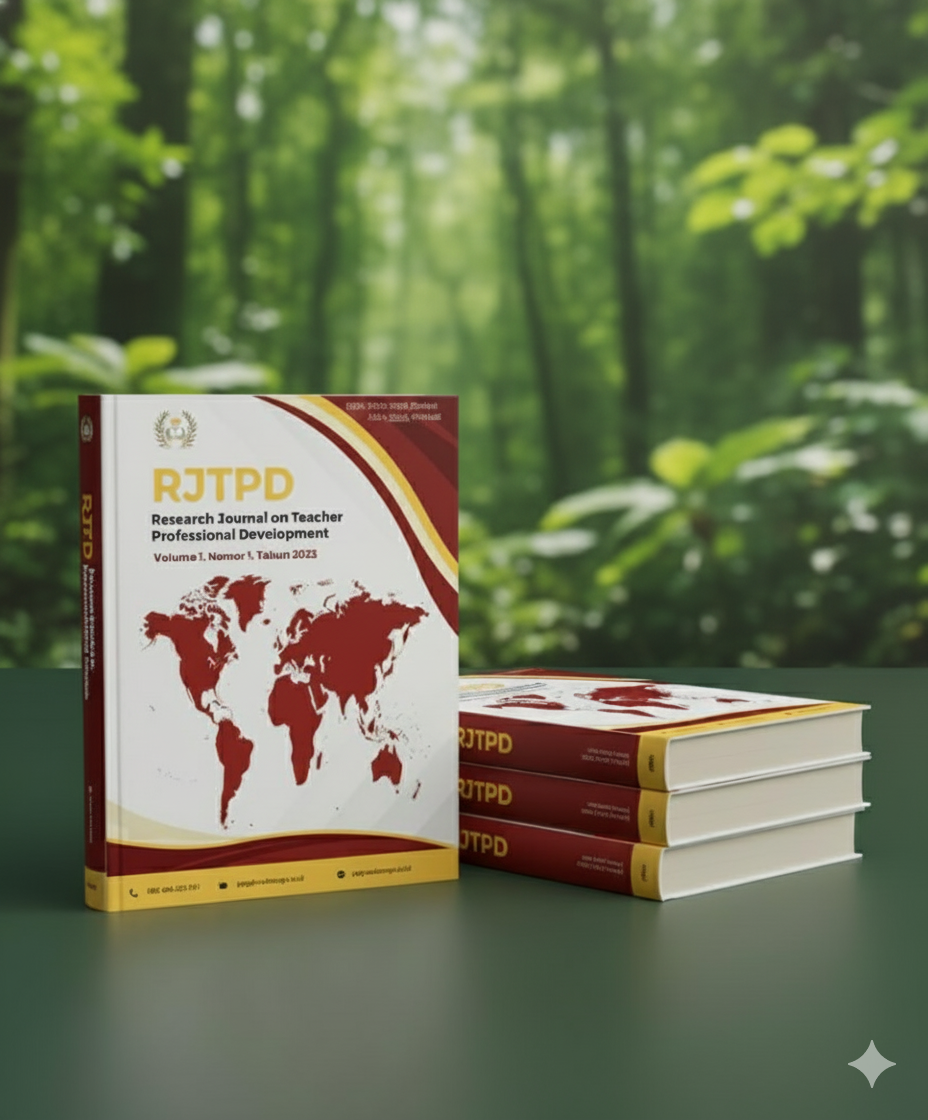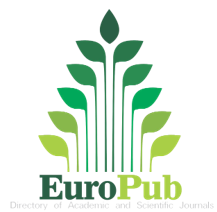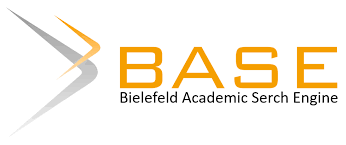Relationship Between Human Resource Management And Teacher Effectiveness In Some Selected Secondary Schools In Cross River State Nigeria
Abstract
The paper examined the relationship between human resource management and teacher effectiveness in some selected secondary schools in cross rivers state, Nigeria. Five research questions and five research hypotheses guided the study. A descriptive Survey Research design was adopted for the study. Population of the study was 340 participants consisting of school administrators and teachers from 15 public schools in Cross Rivers State, Nigeria. A sample size of 169 participants was obtained using Research advisor (2006) while purposive and stratified random sampling techniques were used to draw the sample size of the study. A questionnaire titled “Relationship between Human Resource Management and Teacher Effectiveness Questionnaire “was used to obtain data for the study. Data collected was analyzed using frequency counts, mean and standard deviation while Pearson Product Moment Correlation Co-efficient was used to test the hypotheses generated at 0.5 level of significance. One of the findings from the study revealed that there was a strong positive relationship between training & development and teacher effectiveness in public secondary schools in Cross Rivers State, Nigeria. The study recommended among others that: The management should make adequate provision for teacher development opportunities to enable teachers update their skills and competence.
Downloads
References
Ajayi, C., Gunu, T., Oni, P. and Tsado, A. (2013). Training and development as a tool for organizational performance: a case study of selected banks in Nigeria. Arabian Journal of Business and Journal and Management Review.
Armstrong, M.A. (2012). Handbook of human resource management (12th ed.). London: Kogan page Ltd.
Dessler, G. (2003). Human resource management (11th ed.). New Jersey: Prentice Hall.
Chamami, M. R., Nasikhin, N., & Saefudin, A. (2022). Development of Augmented Reality in Islamic Religious Education as an Anti-Corruption Learning Medium. Cendekia: Jurnal Kependidikan dan Kemasyarakatan, 20(2), 147-163.
Ekundayo, H.T. (2006). Resource management in education in J.B. Babalola, and A.O., Ayemi (eds). Educational management: theories and tasks. Lagos: Macmillan.
Emechebe, S.N. (2006). Resource management in education in J.B. Babalola, and A.O., Ayemi (eds). Educational management: theories and tasks. Lagos: Macmillan.
Eze, T.A.Y. (2016). Teacher perception of the impact of training and retraining on teachers’ productivity in Enugu State. Journal of Research in Business and Management, 4(3): 33-37.
Haruna, M.O. (2022). Human resource management and teacher effectiveness I senior secondary schools of Sokoto state, Nigeria. (M.Ed. Dissertation). Department of Educational Foundations, Usmanu Danfodiyo University, Sokoto.
Igbo, A. & Ajuru, C. (2018). Teacher welfare and commitment as determinant of productivity in secondary schools in Bayalsa State. International Journal of Advance Research and Innovation Ideas in Education, 5(6):105-115.
Khan, S. & Abdullah, N.N. (2019). Impact of staff training and development on teacher productivity. Journal of Economics, Management and Sustainability, 4(1): 37-45.
Lhaden, K. (2016). Teacher placement in schools of Bhutan: an explorative study. Bhutan Journal of Research and Development,3(4):31-34.
Nasikhin, Nasikhin, Ikhrom Ikhrom, and Agus Sutiyono. "Sekolah online di masa pandemi COVID-19, bagaimana tanggapan guru dan siswa sekolah dasar?." Jurnal Muara Pendidikan 7.1 (2022): 47-59.
Nwanko, J.I. (2014). Management in education: modern approaches in education management. Ibadan:
Omebe, C.A. (2014). Human resources management in education: issues and challenges. British Journal of Education, 3(7):26-30.
Parihar, R. (2011). Concept of teacher effectiveness. New Delhi: Jaypee Brothers publication.
Research Advisor (2006). Determining the sample size from a given population. Educational Psychological Measurement.
Sampson, A., Alfred, K. & Konnie, M.M. (2019). Can welfare management affect teachers’ performance? Evidence from Ghana. European Journal of Training and Development Studies, 6(1): 29-41.
Sukroto, W.T. (2013). Income and implication of teacher performance to improve the quality of education in elementary school of Surabaya. International Journal of Business and Humanities and Technology,3(2).

















